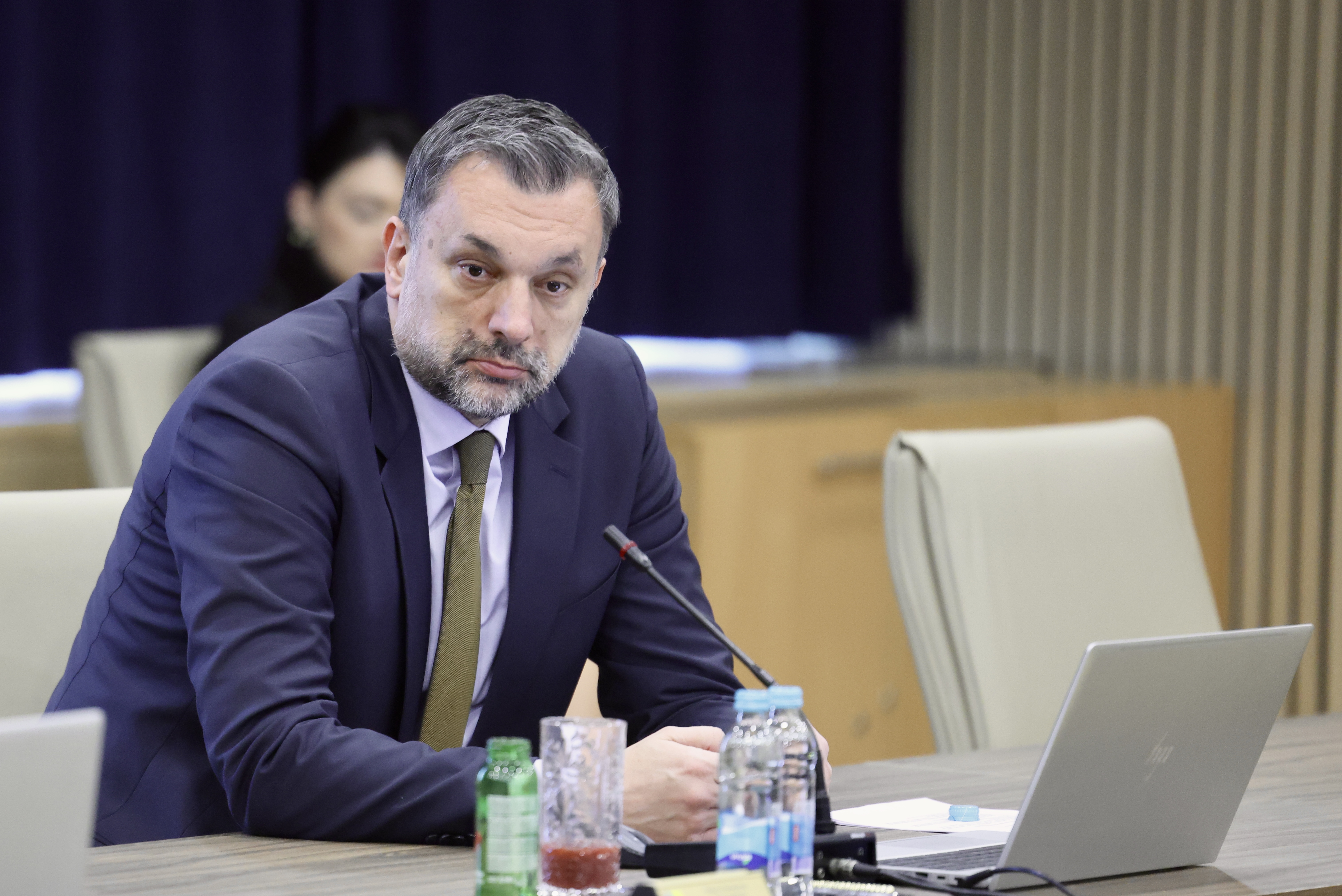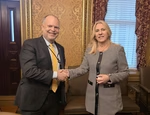Bosnia FM confirms debt collections are coming due

Bosnia and Herzegovina’s Foreign Minister Elmedin Konakovic addressed the ongoing Viaduct debt crisis following a Council of Ministers session, presenting a new repayment proposal. He revealed that asset seizures have formally begun, warning that the financial burden could exceed the current debt if not managed carefully.
Konakovic referenced an audit report from 2023 on long-term capital investments, noting that substantial unused budget funds—especially those tied to stalled infrastructure projects—could be reallocated to cover the debt. He criticized inefficiencies in capital spending, pointing out that projects intended to take three years often drag on for seven or more.
He highlighted the risks of forced asset seizures, explaining that properties like the Central Bank building in Mostar are already subject to confiscation. Other properties, including buildings in Sarajevo and Banja Luka, could soon follow. He warned that auction sales of these properties at significantly reduced prices might lead to an even greater financial loss, potentially costing the state hundreds of millions more than the current outstanding debt of over 110 million Bosnian marks (approximately €56 million).
https://n1info.ba/english/news/how-viaduct-a-company-with-zero-employees-sued-bosnia-for-e70-million/
Konakovic stressed that while Bosnia and Herzegovina is obligated to pay the debt, the financial impact will ultimately fall on Republika Srpska (RS), as the state will seek reimbursement from the RS government. He criticized political inaction, particularly from Milorad Dodik, for allowing the debt to grow unchecked—with daily penalties amounting to €9,000.
The Viaduct case originates from RS’s unilateral cancellation of a concession agreement for a hydroelectric project on the Vrbas River, leading to arbitration in Washington, where the ruling favoured the Slovenian company. Konakovic warned that similar international disputes, including ongoing arbitration cases related to GIKIL, Ugljevik, and Gacko, could further strain Bosnia and Herzegovina’s finances.
He also pointed to political deadlock in government, calling on the HDZ BiH to unblock ministerial appointments—including the security minister—who could play a role in resolving financial disputes. He accused Alliance of Independent Social Democrats (SNSD) ministers Srdjan Amidzic and Stasa Kosarac of failing to address the issue, blaming their inaction for the growing debt burden on RS citizens.
Konakovic concluded that Bosnia and Herzegovina must ultimately cover the cost of mismanagement at the entity level but will seek compensation from those responsible.
Kakvo je tvoje mišljenje o ovome?
Učestvuj u diskusiji ili pročitaj komentare
Kakvo je tvoje mišljenje o ovome?
Učestvuj u diskusiji ili pročitaj komentare
NAJČITANIJE
Oglas
Oglas
Najnovije
Oglas
Oglas





 Srbija
Srbija
 Hrvatska
Hrvatska
 Slovenija
Slovenija



























































